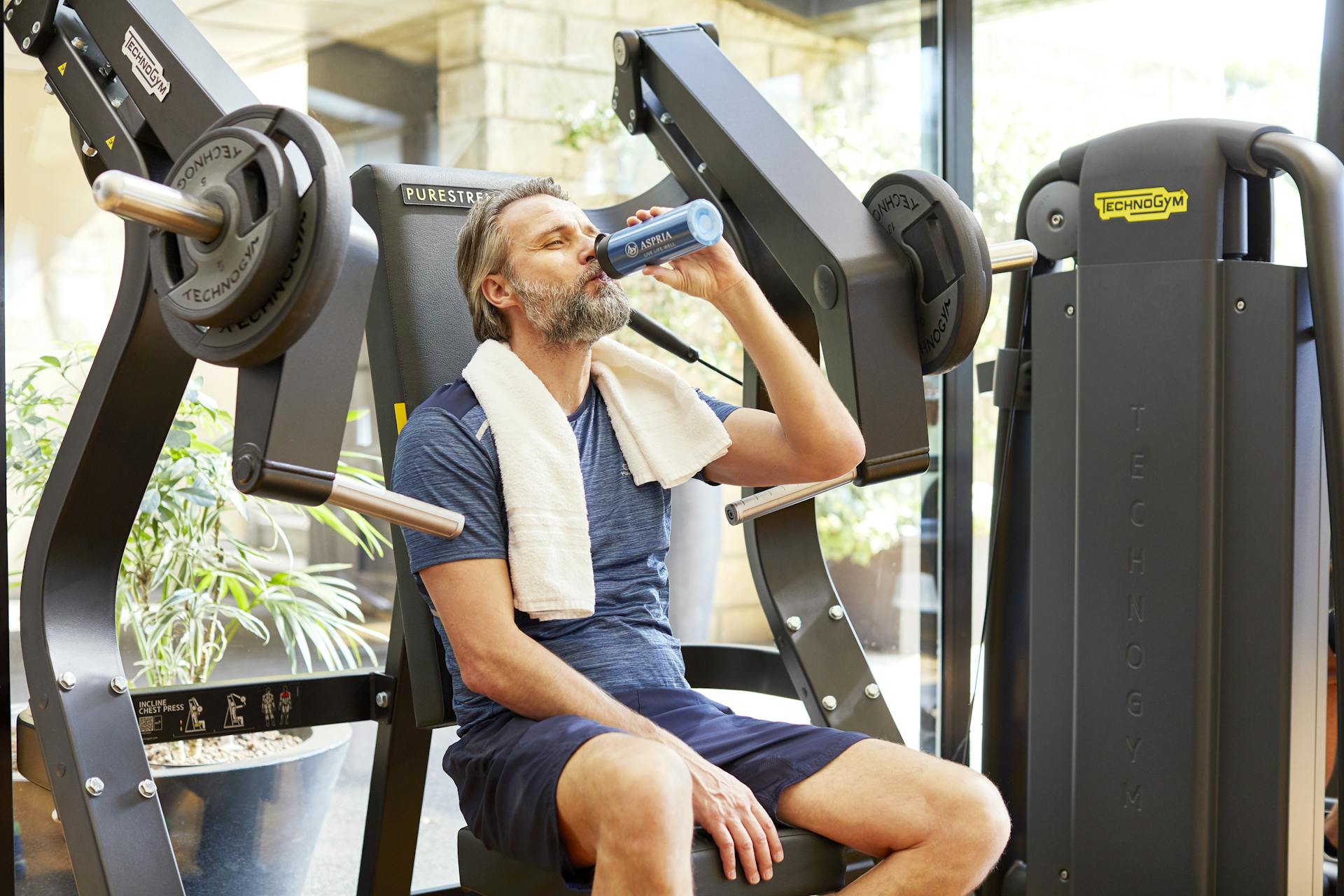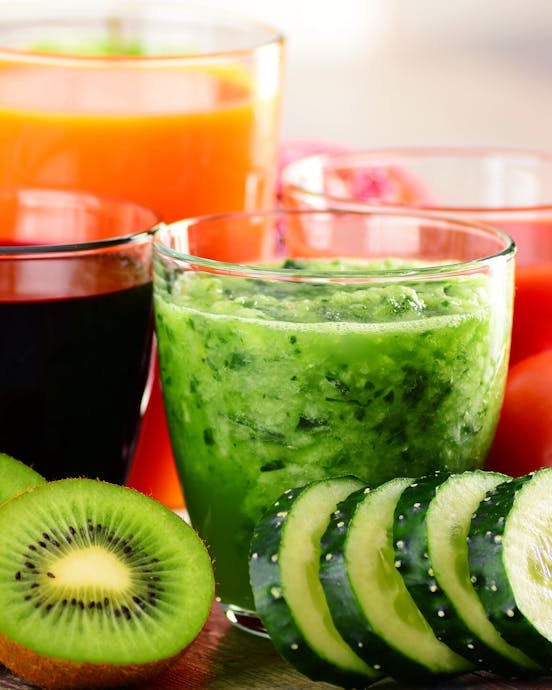Whether you're a novice or seasoned athlete, opting for the right foods and figuring out when to do so can make all the difference in your training results, and can help prepare your body for future workouts. Specific recommendations on what to eat after a workout can vary based on the time of day, the type, intensity and duration of your training session as well as your personal fitness goals. But there are a few basic guidelines to follow.
No training regimen is complete without considering nutritional requirements – and that’s because in order to function at optimal levels of performance and to push yourself physically, you need to “fuel” your body the right way. In fact, professional athletes commonly use a range of dietary strategies ahead of, during and after their training. And it is important to point out that a balanced daily diet forms a great foundation for any active lifestyle – which you can then build upon during your periods of post-workout recovery.
To figure out what your body needs, you first need to look at what happens to it as you work out.
The benefits of a post-workout snack
During exercise, your body primarily uses carbohydrates (glycogen) for energy. As a result, after an intense workout your muscle carbohydrate stores can be depleted. When the glycogen is depleted, the muscles start to break down and form lactic acid, which causes the pain you feel after a training session. Your muscles also experience micro-tears as you exercise (which when repaired, naturally lead to new, larger muscle tissue). Finally, your body loses significant amounts of fluids and electrolytes through sweat.
This is why a healthy snack after your workout is essential. Whether you went running, lifted weights, swam laps or worked out on your treadmill at home, you need to replenish the carbohydrate and protein reserves used up, as well as to rehydrate. This allows your body to begin the process of muscle growth and repair - and it is especially important after intense endurance workouts, strength-training sessions or when you train multiple times in a day.
The right diet can also help reduce fatigue and muscle soreness, supporting you in building up your strength over time. Incorporating water and other liquids into your post-workout nutrition can help you rehydrate. In addition to providing the body with important electrolytes, such as sodium and potassium, this can support muscle function, reduce the risk of dehydration and even help prevent heat exhaustion.
Our top nutritional recommendations
Your post-workout meal or snack should ideally consist of a balanced combination of carbs, protein-rich ingredients as well as some healthy fats. Choose from dairy, soy, fish, eggs or poultry for your dose of protein - and its all-important amino acids, like leucine, isoleucine and valine, needed to stimulate muscle protein synthesis. Sources of healthy fats include avocado, olive oil or unsalted nuts.
Try some cottage cheese, or a smoothie made with fruit, vegetables and a scoop of whey powder. A banana is also a good, simple alternative because it can replenish both carbohydrates and potassium, an electrolyte lost through sweating.
For a more complex post-workout recovery meal, try avocado toast with a fried egg on top. You'll get lean protein from the egg, carbs from the bread and the avocado, plus extra fibre for a good digestion.
Drinking water is the best way to replenish fluids lost during sweat, but if you don't like plain still water try coconut water or an electrolyte-rich beverage.
For a deeper dive into how to prevent injury and maximise your training performance with post-workout recovery, read Gabriela’s top 8 tips . And for personalised advice about how to perfectly adapt your diet to your training routine, speak to one of our nutritionist experts in the club.


